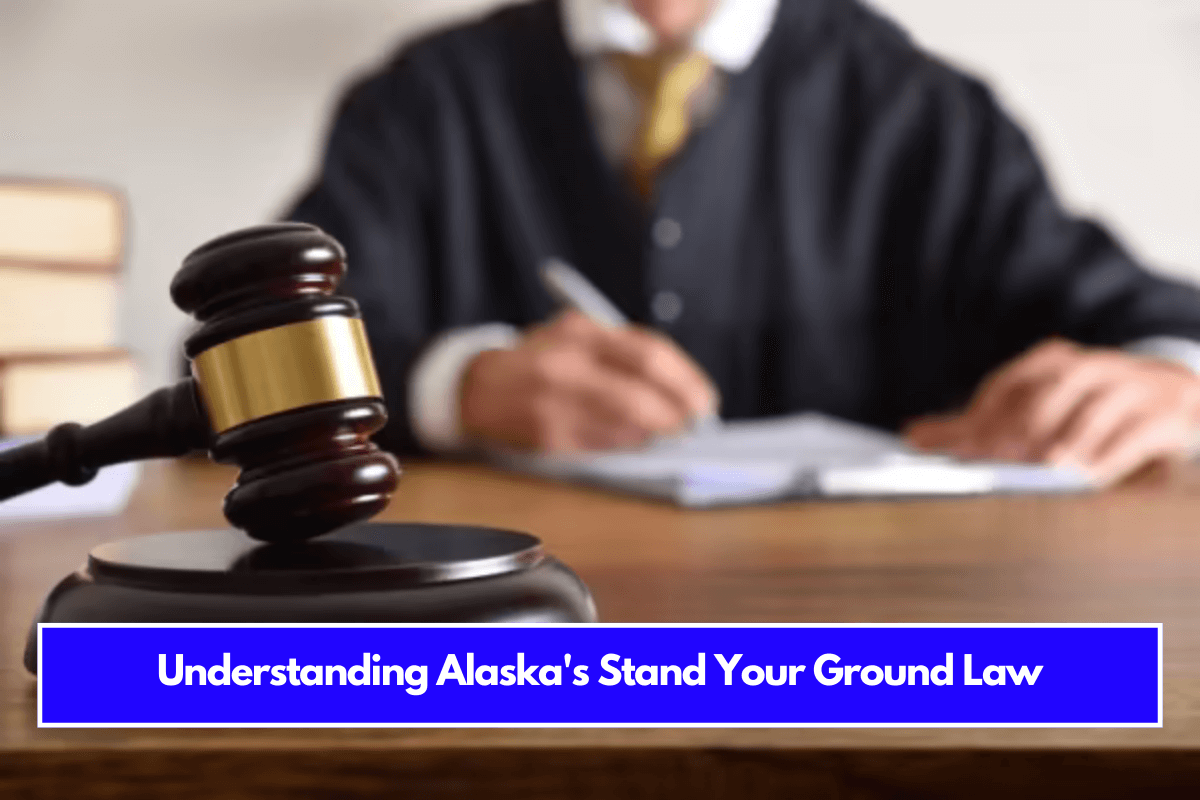Alaska’s Stand Your Ground law, codified in Alaska Statutes Section 11.81.335, provides robust protections for individuals using force in self-defense. This law eliminates the duty to retreat before using deadly force in certain situations.
Key Provisions
- No Duty to Retreat: A person has no obligation to retreat before using deadly force if they are in a place where they have a right to be.
- Justified Use of Force: The law allows the use of deadly force when a person reasonably believes it is necessary to prevent death, serious physical injury, kidnapping, sexual assault, or robbery.
- Non-Deadly Force: Alaska also permits the use of non-lethal force in situations where a person believes it’s necessary to protect themselves from harm.
Scope of the Law
Alaska’s Stand Your Ground law applies broadly:
- It covers any location where a person has a legal right to be, not just their home or property.
- The law extends to the defense of others and, in some cases, to the protection of property.
Comparison to Other Laws
Alaska’s law is more expansive than some other states’:
- It follows the “Stand Your Ground” philosophy rather than the more limited “Castle Doctrine”.
- The law applies in public spaces, not just in one’s home or vehicle.
Legal Implications
- Self-Defense Justification: The law provides a legal defense for those charged with use-of-force crimes, including murder, manslaughter, and assault.
- Burden of Proof: While the law offers protection, the person claiming self-defense must still demonstrate that their use of force was reasonable and necessary.
- Limitations: The law does not protect individuals engaged in unlawful activities when they use force.
Controversy and Criticism
Some critics argue that Stand Your Ground laws:
- May lead to an increase in violent confrontations.
- Could potentially be misused or misunderstood by the public.
Alaska’s Stand Your Ground law provides significant legal protection for those who use force in self-defense. It eliminates the duty to retreat and applies broadly to various situations and locations.
However, the use of force must still be reasonable and necessary given the circumstances. As with any self-defense situation, individuals should be aware of the law’s nuances and potential legal consequences of their actions.
SOURCES:-
[1] https://www.justia.com/criminal/defenses/stand-your-ground-laws-50-state-survey/
[2] https://www.joshfinklaw.com/blog/2022/01/what-is-alaskas-self-defense-law/
[3] https://en.wikipedia.org/wiki/Stand-your-ground_law
[4] https://gun-safety.com/alaska/alaska-castle-doctrine/

